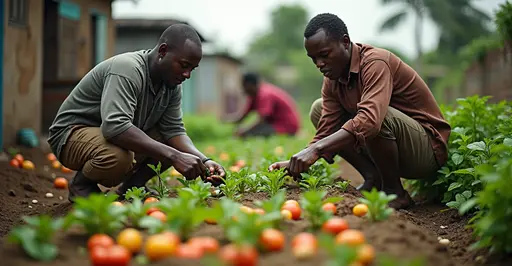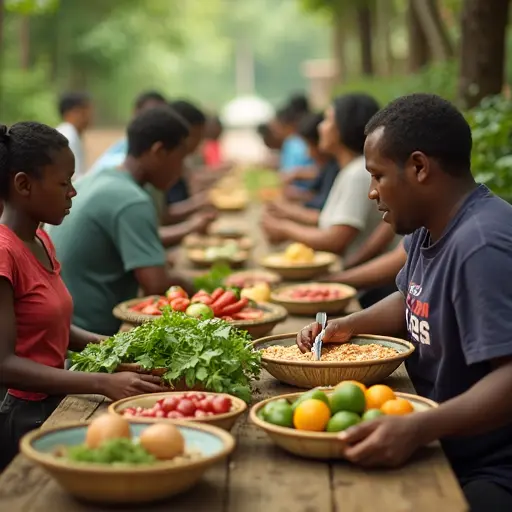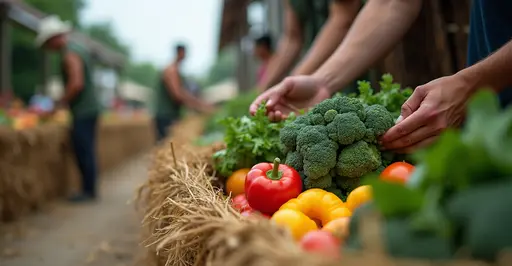
Boosting Food Security in Urban Slums
The World Food Programme (WFP) has significantly expanded its urban agriculture grant program, targeting slum areas across developing nations. This initiative aims to empower communities through vertical farming, hydroponics, and container gardening projects that maximize limited urban spaces.
Funding Focus Areas
Grants prioritize regions with high malnutrition rates like Nairobi's Kibera slum, Mumbai's Dharavi, and Rio's favelas. Funding supports:
- Training in sustainable farming techniques
- Distribution of drought-resistant seeds
- Installation of rainwater harvesting systems
- Creation of community food cooperatives
Addressing Global Food Crisis
This expansion responds to the 2025 Global Food Crisis Report showing 319 million people facing acute hunger. Urban slum dwellers are particularly vulnerable due to:
- Rising food prices (up 23% since 2023)
- Supply chain disruptions
- Limited arable land access
"Urban agriculture turns concrete jungles into food-producing spaces," explained WFP Director David Beasley. "These grants help communities grow nutritious food within steps of their homes."
Success Stories
In Kampala, Uganda, rooftop gardens now provide 40% of residents' vegetable needs. Similar projects in Bogotá's slums have reduced child malnutrition by 17% through fresh produce availability.
Funding Challenges
The expansion comes despite recent funding cuts affecting traditional aid programs. WFP is redirecting resources toward sustainable solutions that reduce long-term aid dependency.

 Nederlands
Nederlands
 English
English
 French
French
 Deutsch
Deutsch
 Espaniol
Espaniol
 Portugese
Portugese









